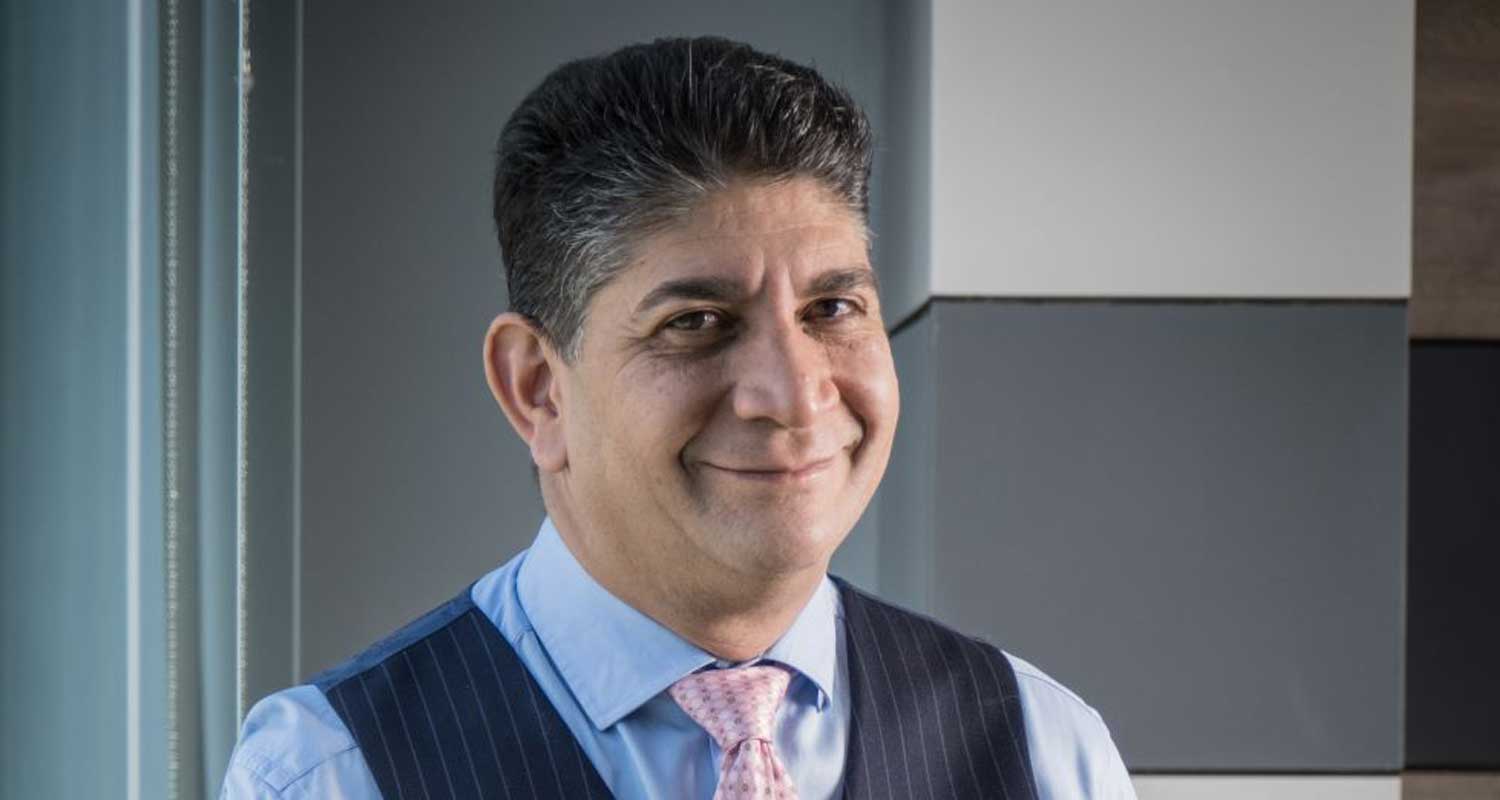 Vodacom Group CEO Shameel Joosub said on Monday that planned further cuts to call termination rates will have no real impact on the retail prices paid by consumers.
Vodacom Group CEO Shameel Joosub said on Monday that planned further cuts to call termination rates will have no real impact on the retail prices paid by consumers.
Speaking to TechCentral in an interview on Monday, Joosub urged sector regulatory authority Icasa to adopt a different approach towards termination rates – the regulated wholesale fees that network operators charge each other to carry calls between their networks.
“Regulators should start to think differently on MTRs; they are so low today that it is not helping anyone,” Joosub told TechCentral, referring to mobile network termination rates. “The rates are low enough, and there is no consumer benefit from cutting them further.”
In March, Icasa said in a notice published in the Government Gazette that it wants mobile termination rates slashed from 9c/minute (13c for smaller operators) to 7c (9c) on 1 July 2024 and 4c (4c) on 1 July 2025. The rates have been coming down for the past decade, from an historic high of R1.25/minute.
The proposed cuts to fixed-line termination rates is even more aggressive: from 6c/minute now, Icasa wants these reduced to 4c from 1 July 2024 and to just 1c from 1 July 2025 – a cut of 83% in just 15 months. (There is no asymmetry in fixed call termination.)
Telkom criticised the lack of alignment between fixed and mobile termination rates in the new regulations, arguing that the distinction between fixed and mobile calls is blurring as fixed-mobile substitution in the voice market is on the rise. “The trends make the average cost of terminating a fixed call the same, if not more expensive, than a mobile call,” said Telkom.
‘Extraordinarily low’
The Internet Service Providers Associations echoed Telkom’s concerns surrounding fixed-mobile substitution, also questioning why Icasa neglected the move to converge fixed and mobile call termination rates.
“Icasa has decided not to align South Africa’s fixed termination rate with the mobile termination rate in a move that goes against its own findings that acknowledge the convergence between fixed and mobile, driven largely by the Covid-19 pandemic,” Ispa said in a statement at the time.
Ispa member Switch Telecom said the 1c/minute proposed fixed termination rate (FTR) from July 2025 is “extraordinarily low” by global standards.
“In addition to South Africa’s FTR being just a fraction of the FTR in highly developed markets, South Africa is a geographically large country with relatively low population density. The real-world cost of deploying fixed lines is far higher than in Europe, for instance, where the FTR is 40% higher than Icasa is proposing. Furthermore, South Africa has unique challenges relating to unreliable power which adds to the cost of providing reliable services.”

Another factor directly affecting Telkom and rival Cell C as challengers in the market to larger incumbents Vodacom and MTN is the loss of asymmetry in the rates between the smaller operators and their two larger competitors. In an asymmetric arrangement, smaller operators pay the larger ones less than the larger ones pay them in return for call termination as part of a regulatory effort to level the playing field.
In August, Cell C CEO Jorges Mendes called on Icasa to continue to skew wholesale rates in the company’s favour to ensure it can compete effectively against Vodacom and MTN.
Vodacom’s Joosub, however, disagreed with Cell C’s perspective. “Asymmetry is for new players and you cannot be a new player 25 years later,” said Joosub. – © 2024 NewsCentral Media




